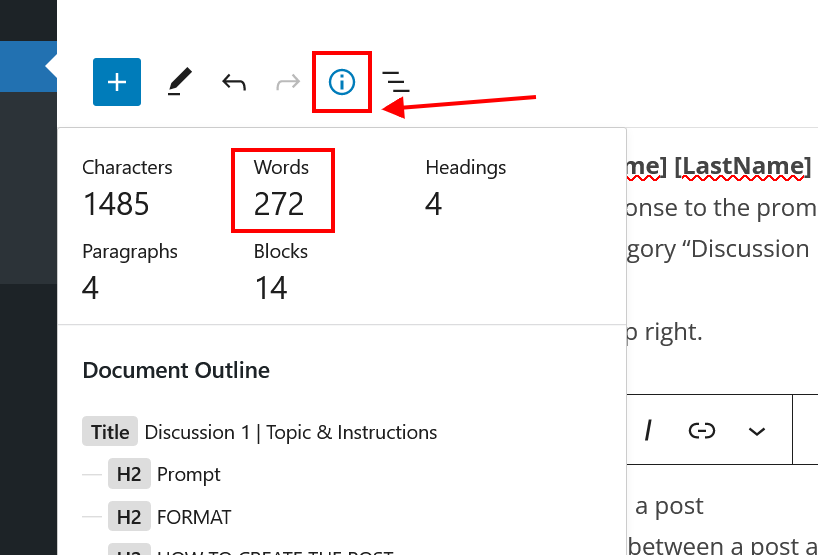Eromidayo Olayiwola (Harmony)
Prof. Hollis Glaser
GWS 100-1300
Discussion 3 & Reading Reflection 2
What does it mean to move beyond the gender binary for Alok?
Alok is a transfeminine writer and artist who made an expression known to all the agony, shame, and persecution trying to come to a place of peace and acceptance in a society like ours. What I mean by ours is the sentiment people share even at the federal level department of justice denying them their civil rights. It discusses the significance of acceptance and nonbinary identities in society. Learning about gender is difficult for me, but I am grateful for the opportunity to do so, and reading Alok Beyond the Gender Binary highlights how uninformed I have been.
First of all, we are all human, and everyone deserves to be treated with respect, regardless of gender identity. As a student teacher, one of the ways I have chosen to be accommodating and sensitive to all children is to construct a curriculum around the theme “everyone is different and unique,” exposing them to various family structures like two moms, two dads, a mom and dad, a single mom, or a single dad. Regardless of one’s appearance, beliefs, or choices, everyone deserves respect. Everyone can find a place in the world and no gender is superior to the other.
As a Nigerian Yoruba child, my experience is different and I believe there should be no hierarchy in terms of gender. With the establishment of the “patriarchy”, colonization might have brought about gender variance. For instance, in Yoruba culture, the birth of a child is celebrated the same and not associated with colors or pronouns compared to western culture which does gender review at baby showers. Although the Yoruba culture is complex, it is gender friendly and there is equality. No child is superior to another and power is not always related to gender. Compared to the English language Yoruba has no particular pronoun. for example, the word’ “IWO,” refers to female or male, and “AWON” can be used as singular and at the same used as a sign of respect for elders and could be male or female.
Alok finds it challenging to transcend the gender binary because of the obvious violence, discrimination, and persecution he experiences as a non-conforming gender. It is not an illness or a lack, according to Alok, but rather a creativity in diversity and respect for everyone. Alok says, “I still can’t walk outside without being terrified for my safety.” They had to deal with maltreatment, aggression, neglect, and excruciating medical conditions due to not being a typical male or female (41).
In addition, everyone should be allowed to express themselves in whatever way they feel most comfortable, whether that be through “gender binary”, “revolutionary” “reformist feminism”, or “non-conforming gender”. By promoting the rights of all genders and equality for all, we can all work toward building a healthy society. It is not worth it to discriminate against, kill, or harm trans and gender nonconforming persons, especially black transfeminine women (Alok pg. 16).
In what ways does your gender identity go against the binary norm and in what ways does it fit the binary norm?
Gender is an emotion for me, and I can pick how I want to display myself. I don’t mind being referred to as they/them/theirs as well as she/her/hers. Most of the time, I don’t act in a way that is consistent with my “assumed gender,” therefore some may claim that I defy the binary norm. For instance, even though I dress in a “girlish way,” despite having a feminine appearance, my favorite color is brown, I adore my polo shirts and jeans, I enjoy getting my hair cut, and I like to wear shoes to dinners and parties. If earning a living while avoiding household duties qualifies as being “masculine,” then I am. However, it should be noted that gender identity is distinct from biological sex. I might fall into the “binary norm” due to physical characteristics like my breasts, painted nails, and lip gloss, but I do not identify as any of those; I am in the middle. But I’m learning more about gender, particularly about genders that aren’t like mine, and I’m also creating a space where others can discuss their gender roles.
Lastly, I believe that the “patriarchy” should be held accountable for the pervasive inequity we currently experience rather than a conflict or disagreement between genders alone.

